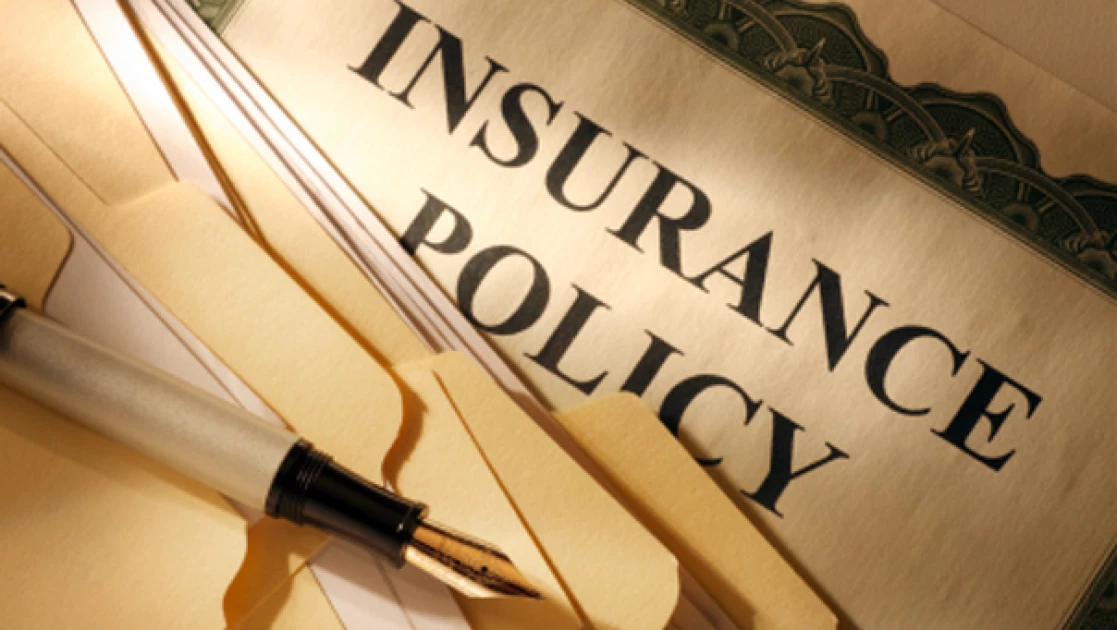OPINION: How insurance offers essential protection for Kenyan families


Audio By Vocalize
Parents and guardians juggle putting food on the table, educating their kids, and stashing away savings, all while navigating life's curveballs like sudden illnesses, job losses, or accidents. One unexpected setback can erase years of hard work, pushing families into debt, forcing them to ditch their dreams, or even slipping into poverty.
That's where insurance comes in; it's a practical safety net that shields households from those gut-wrenching shocks.
For families across Kenya, two types stand out: life insurance and medical insurance.
Let's break it down and see why they're game-changers.
Safeguarding Your Loved Ones with Life Insurance
Picture this: In some Kenyan homes, one person—maybe a single parent, a guardian, or a spouse—carries the bulk of the financial weight. If that breadwinner is suddenly gone due to an untimely death, the family can spiral into chaos. Life insurance steps up here, providing a lump-sum payout to dependents so they can keep going with their heads held high.
Consider Peter, a matatu owner from Nairobi's Eastlands. When he passed away unexpectedly, his life insurance kicked in, handing his wife a sum that covered school fees for their three kids and everyday bills. Without it, they might have faced eviction or pulling the children out of school.
Stories like this highlight how life insurance is about ensuring your family doesn't have to beg from relatives or launch frantic fundraising appeals. In a country where extended families are often stretched thin, getting life cover is truly an act of love and foresight.
Protecting Against Skyrocketing Health Costs with Medical Insurance
Healthcare in Kenya doesn't come cheap. A routine hospital stay can devour savings earmarked for education or building a home. While the Social Health Insurance Fund (SHIF) offers a basic layer of protection, it often doesn't stretch to specialized treatments, outpatient care, or major procedures.
Take a family in Nakuru who recently stared down a Ksh.1.2 million bill after their child needed emergency surgery. Without private medical insurance, they turned to loans and community fundraisers to scrape by. But families with solid medical cover? They're buffered from that nightmare because the policy absorbs most of the hit.
These plans can include everything from doctor visits and maternity services to managing chronic conditions and even emergency evacuations. Starting at around Ksh. 3,000 a month, they open doors to private hospitals without the constant dread of bankruptcy. It's peace of mind in a system where costs keep climbing.
Why Every Kenyan Family Needs Insurance
It's no secret that many Kenyan households live on the edge. Recent data from the Association of Kenya Insurers (AKI) shows insurance penetration still sits low, around 3%, meaning most people lean on personal savings, borrowing, or harambees when disaster strikes.
But let's be real—fundraising isn't foolproof. Not every appeal hits its target, and during tough times like economic slumps or unrest, everyone's resources are tapped out. Insurance flips the script by offering reliable, guaranteed support, no matter what's happening in the world around you.
Busting Common Insurance Myths
Many Kenyans hesitate to embrace insurance due to lingering misconceptions, but the reality is far more encouraging. Some believe it’s a luxury reserved for the rich, yet basic policies can be secured for as little as Ksh. 5,000 per year, making it accessible to more households.
Others worry that claims never get paid, but with proper documentation and a trusted insurer, most claims are processed efficiently within 14 days. There’s also the notion that it’s too complicated to understand, though resources like the Understanding Insurance platform from AKI break it all down into simple language, empowering families to make informed choices with confidence.
Getting Started: Steps to Secure Your Family
To enroll to an insurance, you will need your national ID, KRA PIN, proof of income or a bank statement for certain plans, and a filled-out application. Head to a licensed insurance company, broker, or check out the AKI website for pointers. Begin with coverage that matches your current budget and lifestyle, then scale up as things improve.
At the end of the day, every Kenyan family deserves stability, dignity, and the guts to face the future head-on. Life, medical, and even education insurance form the bedrock of a secure home. They guard your loved ones, your health, and your kids' prospects.
The writer, Hazel King'ori, is a Manager, Public Relations, Research & Education at the Association of Kenya Insurers.


Leave a Comment